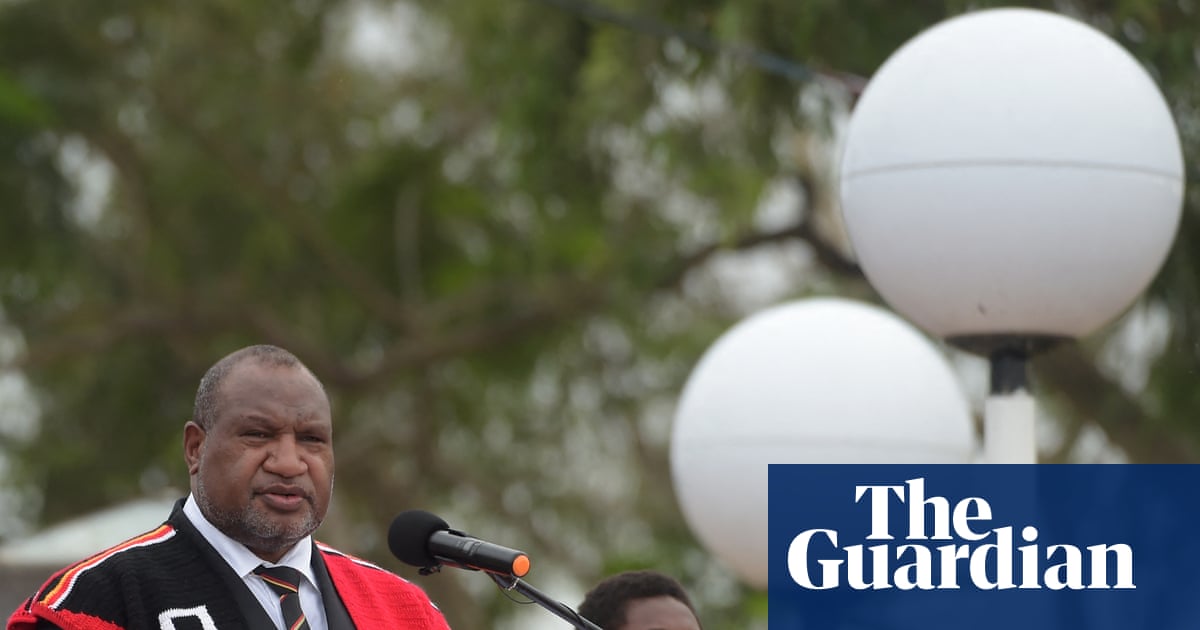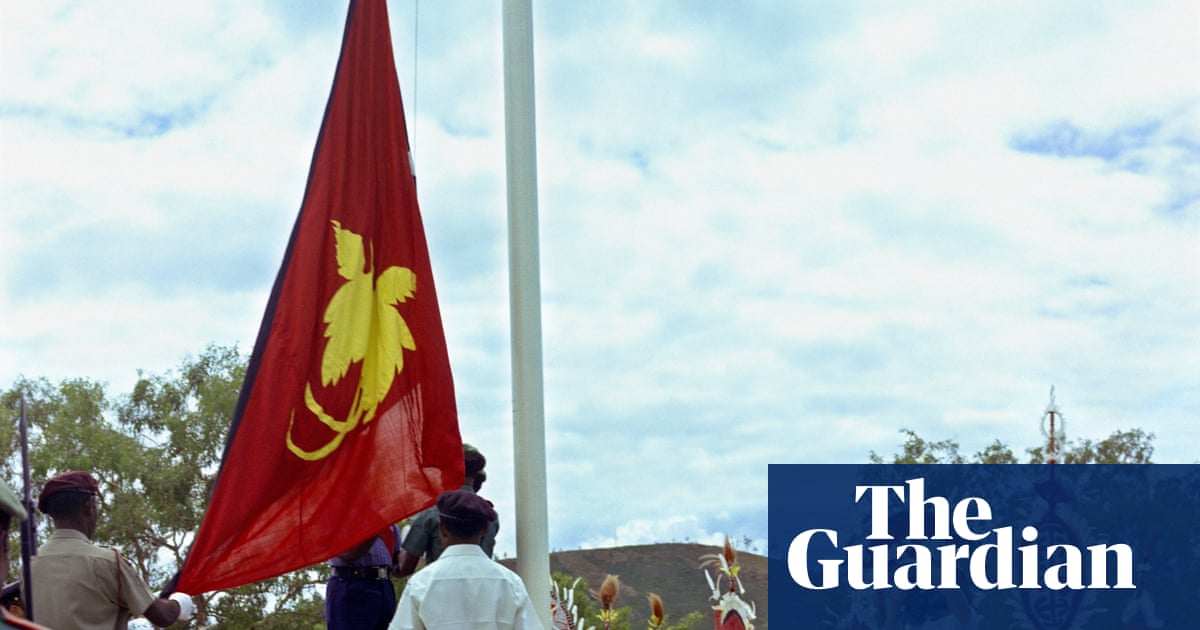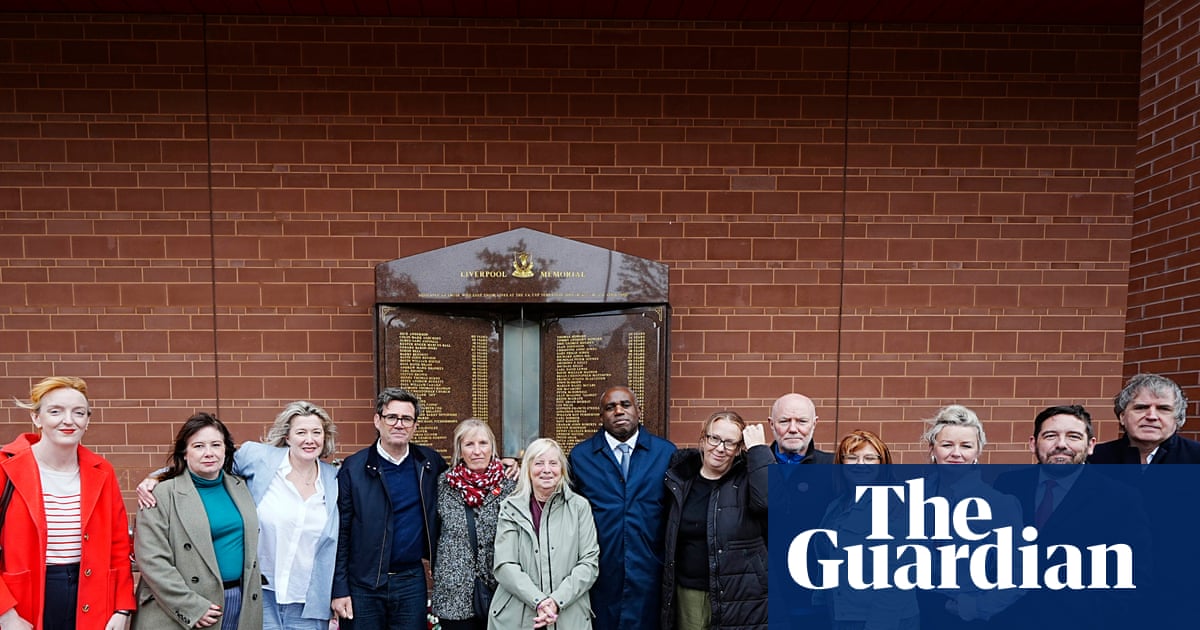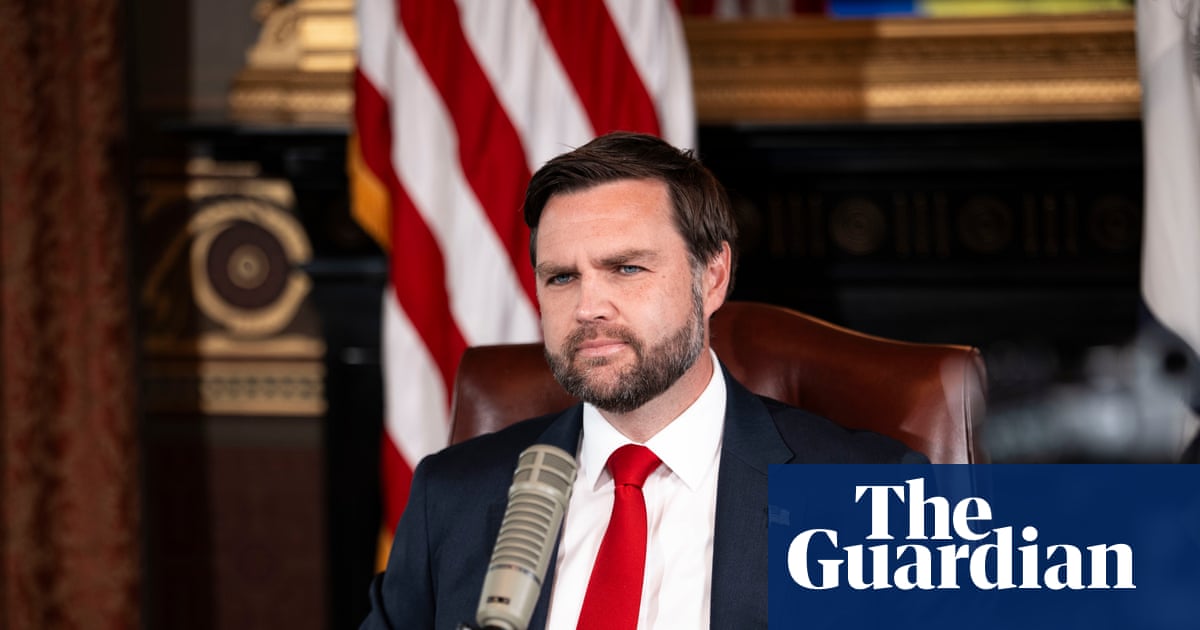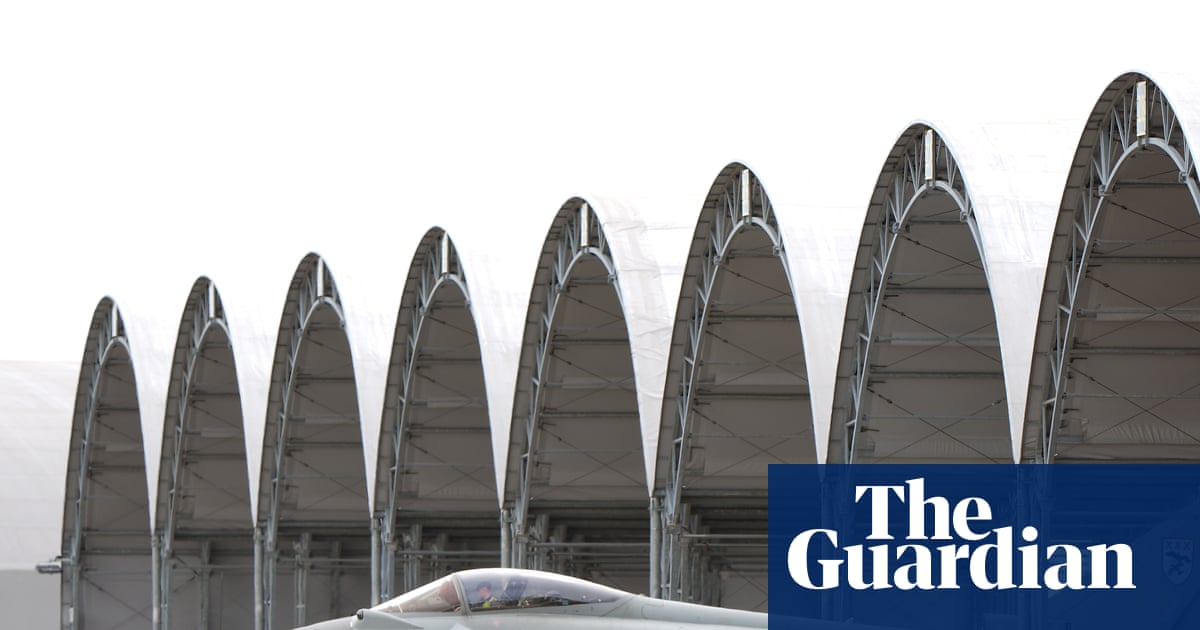Canada’s Liberal government is poised to pass controversial legislation on Friday that aims to kick-start “nation building” infrastructure projects but has received widespread pushback from Indigenous communities over fears it tramples on their constitutional rights.
On its final day of sitting before breaking for summer, parliament is expected to vote on Bill C-5. The legislation promised by Mark Carney, the prime minister, during the federal election, is meant to strengthen Canada’s economy amid a trade war launched by Donald Trump.
The bill removes interprovincial trade barriers and aims to prioritize infrastructure projects, such as energy pipelines and mines deemed to be in the national interest.
It is the latter portion of the bill that has caused concern among Indigenous communities over fears the government, granted broad powers, could speed up approvals for infrastructure and energy projects and override protest from Indigenous communities.
Ahead of the vote, Carney defended the legislation, which was amended earlier this week to ease concerns from Indigenous leadership.
“At the heart of this legislation is… not just respect for, but full embrace of, free, prior and informed consent. It has to be seen in parallel with very major measures that this government is taking to not just support those partnerships, but also to finance equity ownership in these nation-building projects for Indigenous peoples, Indigenous groups, Indigenous rights holders,” said Carney.
Under Canadian law, the crown has a “duty to consult” Indigenous communities on projects that could adversely affect them. “Consultation, co-operation, engagement, participation is at the heart of C-5 and that is how you build a nation. And that’s very much how we’ve designed it,” Carney said.
While the bill says the government must consult Indigenous communities in cases where their rights are affected by a fast-tracked project, it also allows the Liberal cabinet to overrule any parliament for major projects.
The federal legislation comes as provinces also pass bills that speed up infrastructure projects. Ontario plans to create “special economic zones” that would bypass all provincial laws, amid tensions between the premier and First Nations chiefs in areas slated for mining.
Doug Ford, Ontario’s premier, provoked criticism earlier this week criticized for saying First Nations communities “keep coming hat in hand all the time to the government” for more money. He apologized the following day after meeting with chiefs from the Anishinabek Nation, which represents 39 of Ontario’s 133 First Nations chiefs.
“I get pretty passionate. And I just want to say, I sincerely apologize for my words, not only if it hurt all the chiefs in that room, but all First Nations,” said Ford. “I get passionate because I want prosperity for their communities.”
Both the federal and provincial legislation reflect the friction between speedy resource and infrastructure development and the need to consult with affected communities that have been historically marginalized, both socially and economically.
Earlier this week Cindy Woodhouse Nepinak, the Assembly of First Nations national chief, warned the federal bill was being “rammed through” parliament.
“First Nations are united,” she told CBC News. “They want prosperity, but they don’t want it at the expense of our rights.”
Woodhouse Nepinak says she and other leaders across the country want the government to pause the bill for more study. But Carney is eager to pass the bill, fulfilling a campaign promise that his government would eliminate internal trade barriers by 1 July. Indigenous leaders have warned a failure to fully consult on the bill could lead to widespread national protests, akin to the Idle No More movement in 2012.

.png) 2 months ago
42
2 months ago
42
